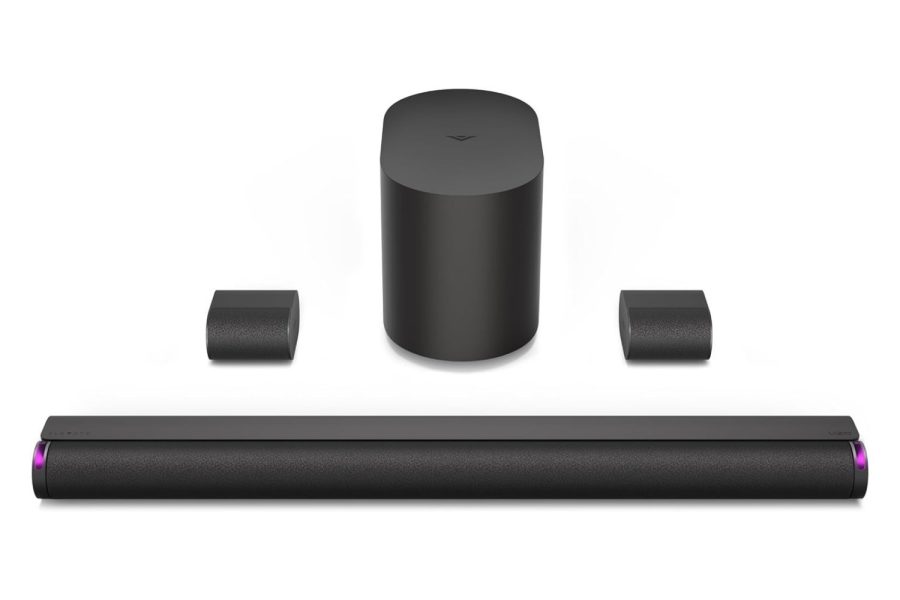Lab-grown sperm, eggs could transform fertility treatments: Report – Interesting Engineering

HFEA held a meeting last week and announced that scientists are close to growing human eggs and sperm in a lab.a day agoa day agoa day ago2 days ago2 days ago2 days ago2 days ago2 days ago2 days ago2 days ago12 minutes agoan hour ago3 hours ago4 hours ago4 hours ago6 hours ago6 hours ago7 hours ago7 hours ago7 hours agoMaria MocerinoA representational image of an egg being fertilized. Pixabay.In less than a decade, the need for sex to produce a baby might be eliminated, opening up the possibility for same-sex couples to have offspring. The Human Fertilisation and Embryology Authority board (HFEA) held a meeting last week and announced that scientists are close to growing human eggs and sperm in a lab, The Guardian reports.After publishing a set of proposals for modernizing the HFE Act in November 2023, HFEA outlined the positives and potential drawbacks of approaching a groundbreaking though ethically controversial milestone in the field of science.Scientists have successfully produced babies from mice and even a child from two biological fathers, suggesting one of the beneficial aspects of pursuing this field of research. And the leap between mice and humans might be as short a gap to bridge as two years to ten years.In vitro gametes (IVGs) refer to “reprogramming” stem cells or skin cells to function like eggs or sperm cells. The process is known as “in vitro gametogenesis.”Once human “in vitro gametogenesis” becomes a reality, however, HFEA explained in its meeting brief that “it would need to be validated and tested for safety and efficacy.”They confirmed that, thus far, they’ve only achieved “reproductive in vitro gametogenesis” in mice, not non-human primates. A healthy child was created from two male mice, as the research poses medical concerns. Nevertheless, IVGs, according to the organization, stand to benefit both research and fertility treatment, along with being “a fundamental innovation in reproductive biology,” as stated in the brief.If scientifically validated and “publicly acceptable,” they specified, the novel approach would give individuals with low fertility counts the chance to have children, chief executive of the HFEA Peter Thompson told The Guardian, as well as those in same-sex and even multi-partnered relationships. It would furthermore remove the need for human gamete donations to conduct fertility treatment research.A mind-blowing announcement, indeed, even Julia Chain, chair of HFEA, admitted, “It feels like we ought to have Steven Spielberg on this committee.” Because, they went on to say that IVGs will become “a routine part of clinical practice” in the span of most of our lifetimes.The Guardian noted that Conception and Gameto, two US start-ups, are close to reproducing human cells. No one has quite gotten there, yet. HFEA had to address the transparent tension in the room over being this unbelievably close to making science fiction a reality. Studies have been conducted in the UK, Belgium, The Netherlands, and Japan. They revealed an overall positive public view of IVGs in fertility research. They did express a “strong insistence on the need for appropriate regulation and oversight.” Moreover, people support it because it uses the patient’s own cells and is less invasive than traditional IVF.But if you’re parenting solo, the approach has been described as “the complete extreme of incest,” so they agreed that it should be banned, as per The Guardian. However, multiplex parenting might be possible.“In the final embryo, the four parents would actually genetically be the child’s grandparents,” HEFA said in The Guardian. “The parents would be an embryo if that makes sense.” And speaking of grandparents, it might eliminate age barriers to having children, though that would present new challenges.Producing many embryos in the lab could enable scientists to conduct thorough genetic screenings. It could lead us down the road toward the film Gattaca, though. Favorable genes could be selected rather than simply conducting tests for the potentiators of disease. No one in the field has yet seen the jaw-dropping lab-grown human baby, but the Authority presented the committee with a list of questions to consider when approaching statutory regulation, especially around the red flags of “solo parenting” and “multiplex parenting.”The time has come, in other words, to prepare — for the dawn of lab-grown human beings with more than one parent, perhaps. Stay up-to-date on engineering, tech, space, and science news with The Blueprint.By clicking sign up, you confirm that you accept this site’s Terms of Use and Privacy PolicyMaria Mocerino Originally from LA, Maria Mocerino has been published in Business Insider, The Irish Examiner, The Rogue Mag, Chacruna Institute for Psychedelic Plant Medicines, and now Interesting Engineering.a day agoa day agoa day agoa day agoPremiumIE PROFollow
Source: https://interestingengineering.com/health/lab-grown-gametogenesis-hfea-advisory



